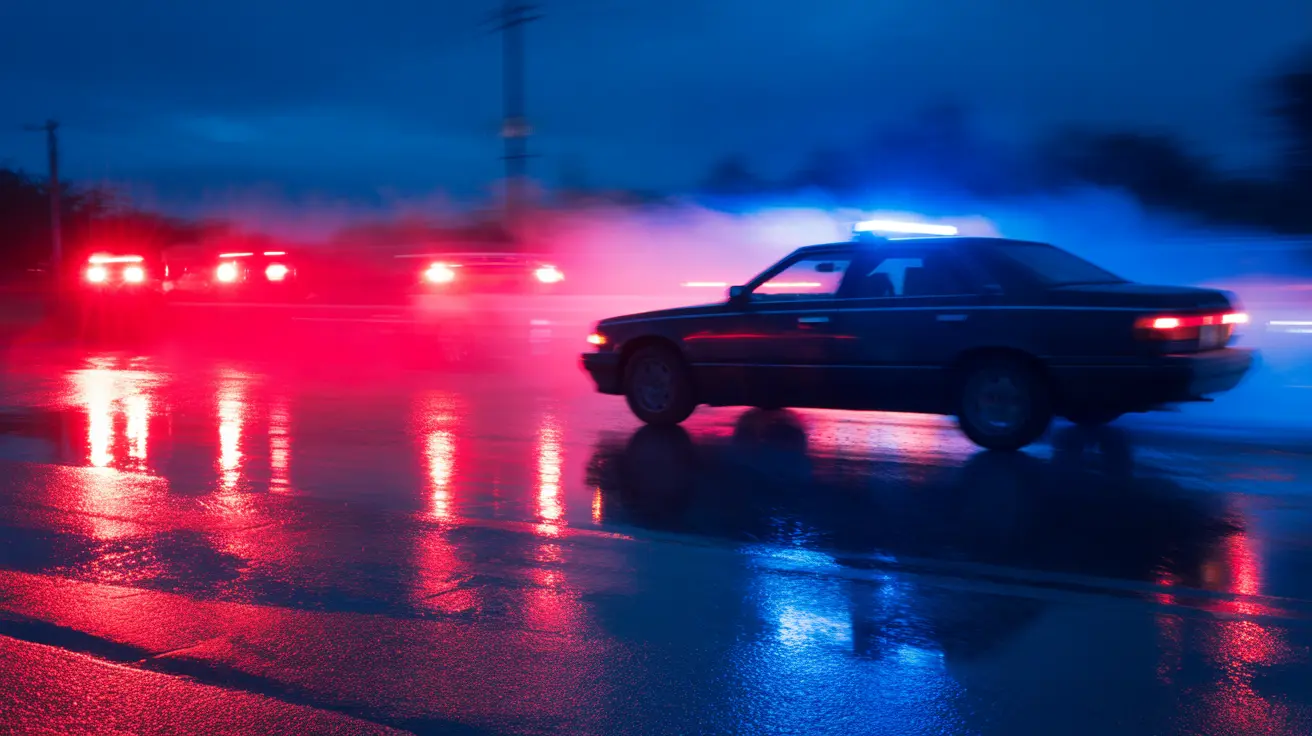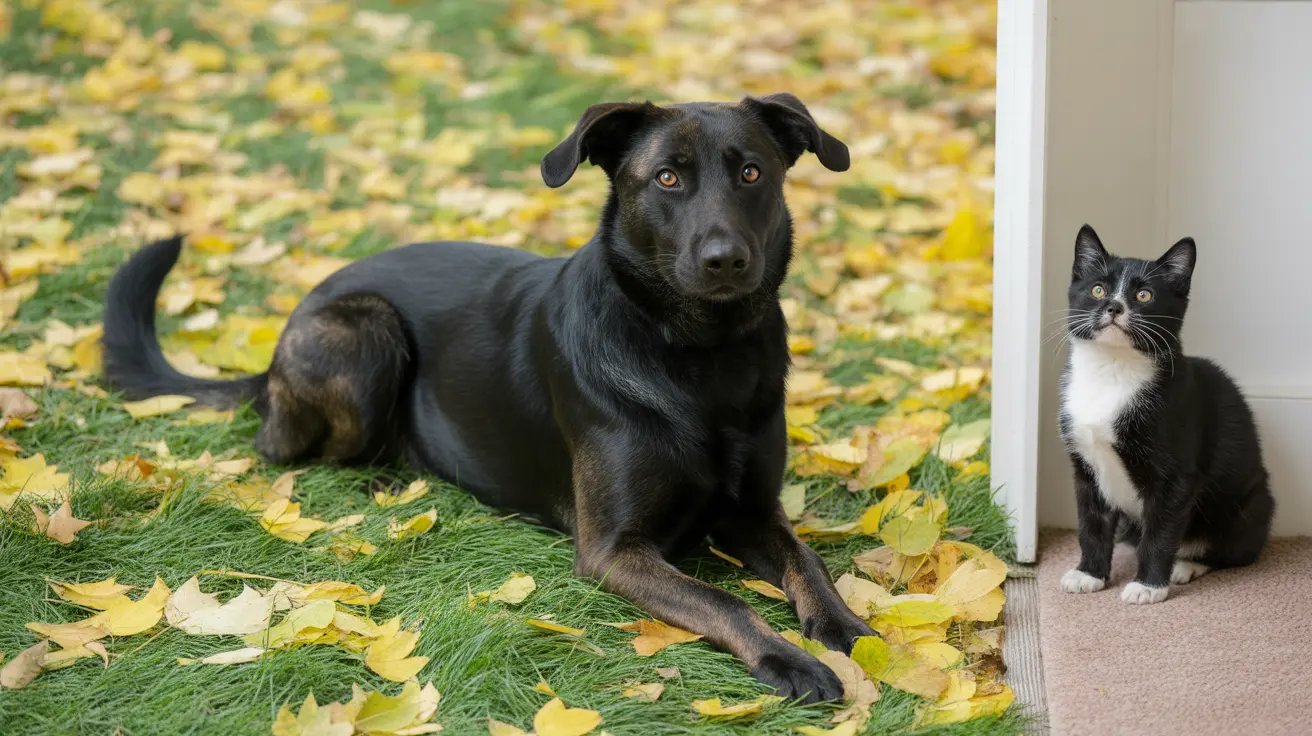Why You Should Never Cut Grass with Dog Poop Present
Mowing the lawn is a regular part of yard care, but many dog owners overlook the risks of cutting grass that contains dog waste. Although it may seem minor, running a lawn mower over dog poop has serious health, environmental, and lawn-related consequences.
Health Risks Associated with Dog Waste
Dog feces are not just unpleasant — they are hazardous. Unlike herbivores like cows, dogs consume a high-protein diet resulting in waste that's acidic and teeming with hazardous organisms. According to experts:
- Bacteria and parasites: Dog poop often contains E. coli, salmonella, and other coliform bacteria. It may also host dangerous parasites, such as roundworms, hookworms, and giardia.
- Contamination risk: When mowed over, these pathogens can become airborne or spread across your lawn, posing risks to humans, pets, and even wildlife.
- Disease potential: These organisms can cause nausea, diarrhea, skin problems, and more serious illnesses if they come into contact with food, hands, or open wounds.
Lawn and Soil Damage
Beyond the health concerns, dog poop can wreak havoc on your lawn. Several issues arise when the waste isn't promptly removed:
- Nutrient imbalance: Dog feces are high in nitrogen and phosphorus, which are harmful in excess. Initially, you may notice greener grass, but this soon turns to yellow patches followed by browned or dead areas.
- Burning of roots: Concentrated nitrogen acts like a fertilizer overdose, damaging grass roots and stunting plant growth.
- Slow decomposition: Dog poop can take over a year to decompose fully, during which uneven nutrient leaching can disturb lawn health.
Environmental Hazards
Leaving or mowing over dog waste also negatively impacts the broader environment:
- Water pollution: Rainwater can wash fecal matter into storm drains, leading to contamination of rivers, lakes, and streams. This runoff contains microbes harmful to aquatic life and humans.
- Foul odors: Unlike cow manure, which breaks down into relatively neutral-smelling compost, dog waste continues to emit a strong, unpleasant odor as it decomposes.
Safe Disposal Practices
To maintain lawn integrity and safeguard health, it's essential to dispose of dog waste properly:
- Immediate cleanup: The best option is to remove dog feces from your lawn promptly and dispose of it in the trash, respecting local regulations.
- Flushable waste: Some municipalities allow flushing dog waste, as wastewater facilities can neutralize the pathogens. Always check local guidelines first.
- Composting caution: Only consider composting dog waste using specialized pet waste composters capable of maintaining high temperatures (minimum 140°F for at least 3 days). Improper composting fails to kill parasites and pathogens and should never be used on edible plants.
- Ornamental use only: Even properly composted dog waste should only be applied to non-edible plants and kept away from children and pets.
Tips for Dog Owners
- Carry bags: Always bring biodegradable bags on walks to collect waste.
- Train your pet: Encourage pets to use a designated toileting area in your yard for easier cleanup.
- Use pet waste bins: Consider installing waste stations or containers designed specifically for pet feces.
Conclusion
In short, cutting grass with dog poop present is not just bad — it’s dangerous. The action spreads harmful pathogens, risks your family's health, damages your lawn, and contributes to environmental pollution. Prioritize hygiene and lawn care by removing dog waste promptly and disposing of it appropriately. Your garden — and community — will be healthier for it.





